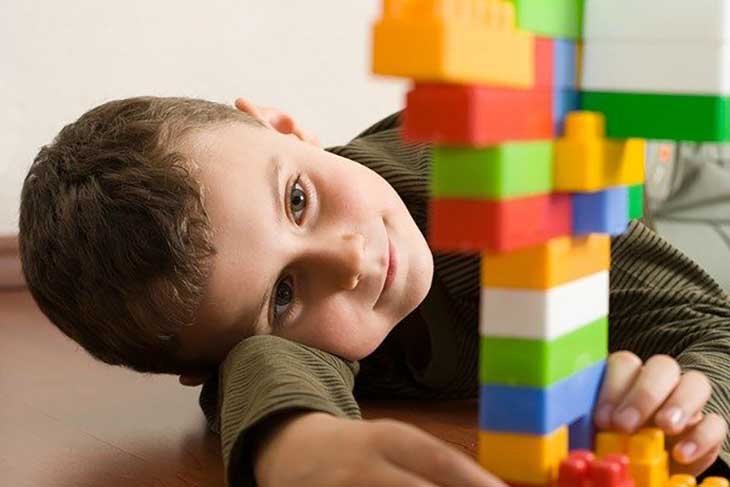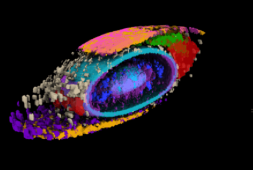19. Less Likely to Use Toys to Represent People or Real Life in Pretend Play

Pretend play is another term for symbolic play. Most youngsters have developed pretty sophisticated instruments for pretend play, both alone and with others, by the age of three. They may play with toys exactly as intended, such as playing “home” with a fake kitchen and eating plastic food. Alternatively, they may invent their own pretend play, such as transforming a box into a fortress. Without assistance, children with autism rarely develop pretend play skills. They might like setting up toy trains on a track. However, unless they are deliberately trained and encouraged to do so, they are unlikely to act out situations or generate sound effects. Typically growing children observe and copy how others play with toys. A typical-developing child, for example, may line up blocks the first time they play with them. However, if that child observes others building with blocks, he or she will emulate that behavior. A child with autism may not even realize that his or her peers are playing with blocks. They are extremely unlikely to observe and copy the behavior of others.



